Introduction
In today’s fast-paced digital world, businesses are constantly searching for new ways to connect with audiences. Traditional advertising still has its place, but it often lacks the authenticity that modern consumers crave. This is where influencer marketing steps in as a powerful growth driver. By leveraging the voice of trusted personalities, brands can build deeper relationships, enhance credibility, and expand their reach.
1. Why Influencer Marketing Matters
The modern consumer values authenticity and recommendations from people they trust over corporate messaging. This is why influencer marketing has grown into one of the most effective business strategies. Unlike traditional ads, it allows companies to tap into pre-established communities led by influencers who already have their audience’s trust.
Some key benefits include:
-
Authenticity: Influencers humanize brands through relatable content.
-
Targeted Reach: Businesses can connect with highly specific demographics.
-
Higher Engagement: Followers are more likely to interact with influencer content than with ads.
-
Trust and Loyalty: Recommendations from influencers build long-term customer confidence.
By relying on real voices instead of generic slogans, companies create campaigns that resonate emotionally. This emotional connection is often what drives conversions.
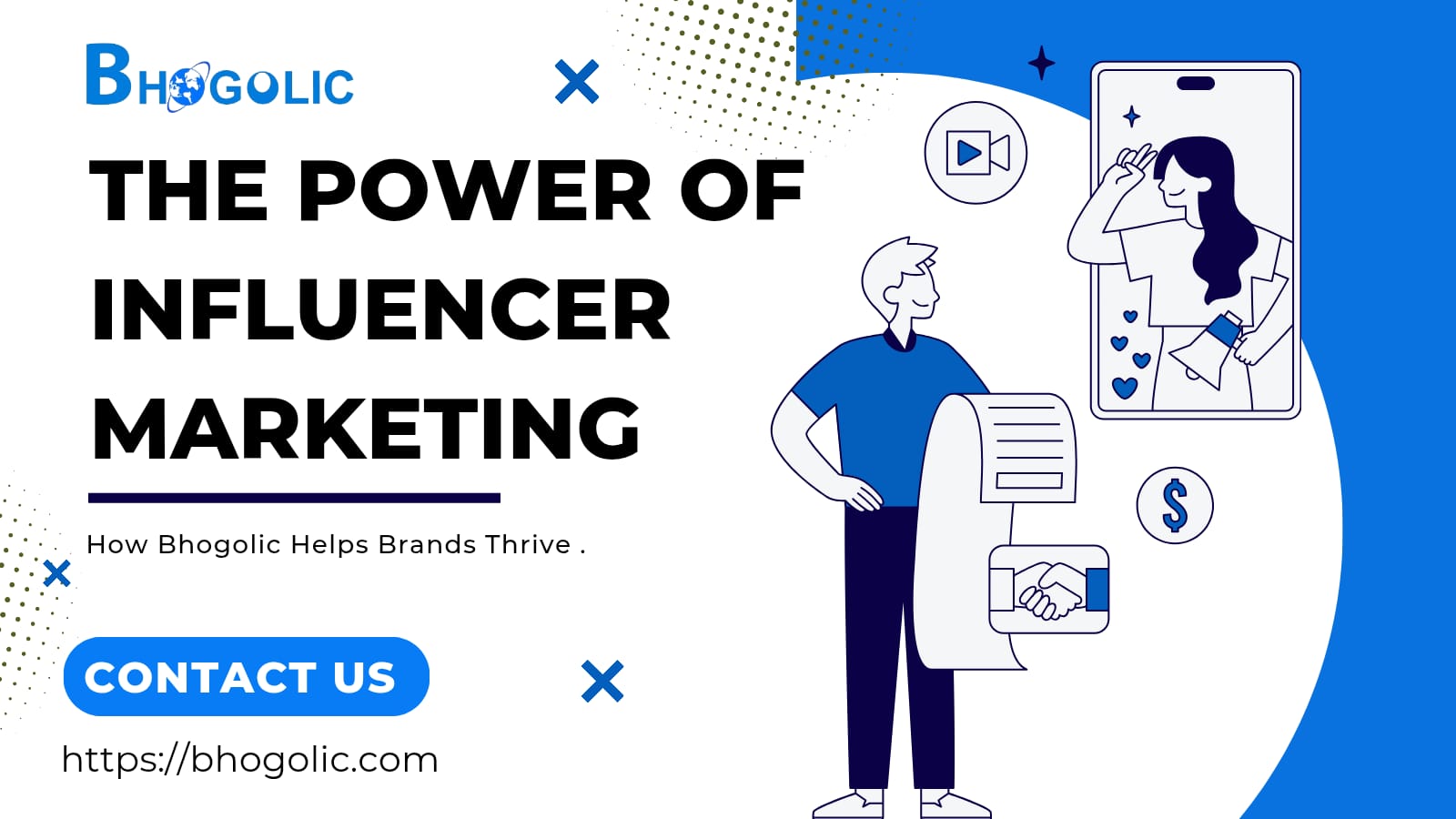
2. Strategies for Effective Influencer Marketing
While the concept may sound simple, executing it requires planning. Here are proven strategies to make the most of this approach:
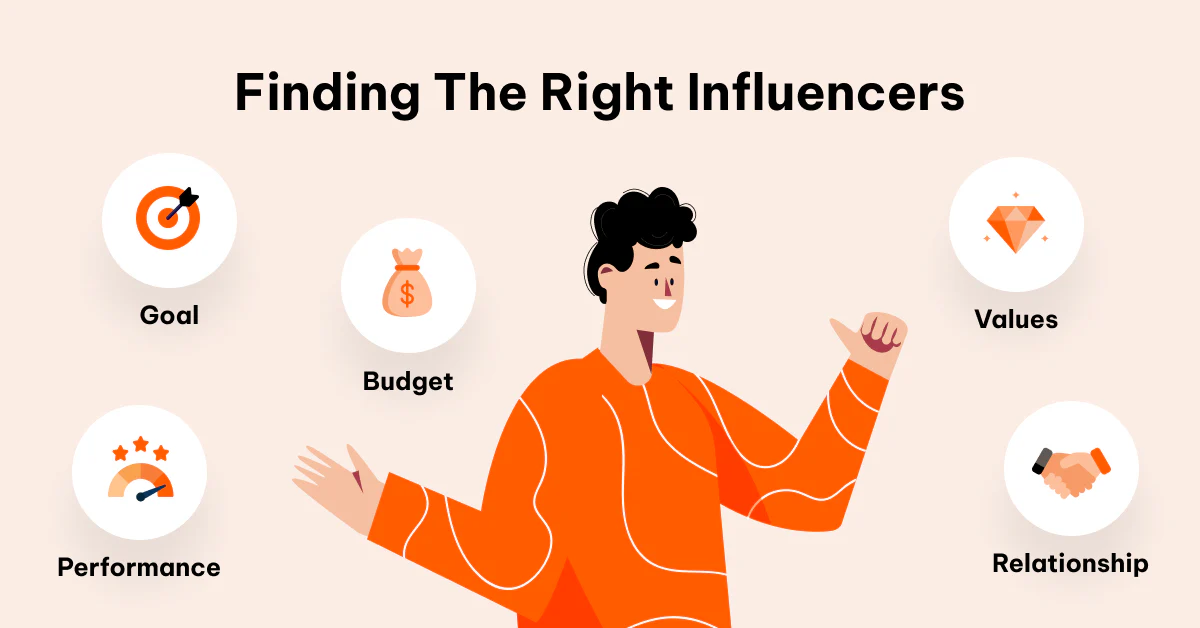
1. Identify the Right Influencers
Choosing influencers aligned with your brand values is crucial. A micro-influencer with a smaller but highly engaged audience often delivers better results than a celebrity endorsement. Relevance always outweighs reach when it comes to creating lasting impressions.
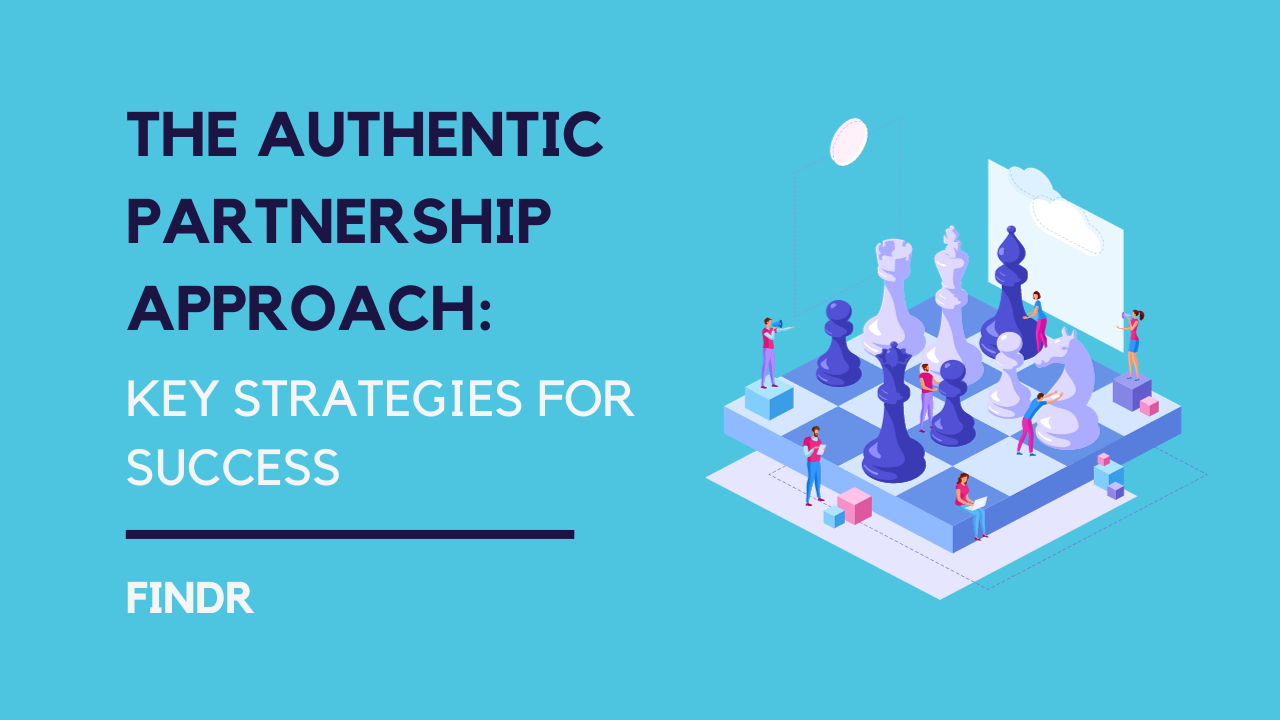
2. Focus on Authentic Partnerships
Successful partnerships are built on trust and authenticity.
Instead of scripting every detail, allow influencers the creative freedom to present your product in their voice.
This not only feels genuine to their followers but also helps
prevent content from looking like a forced advertisement.
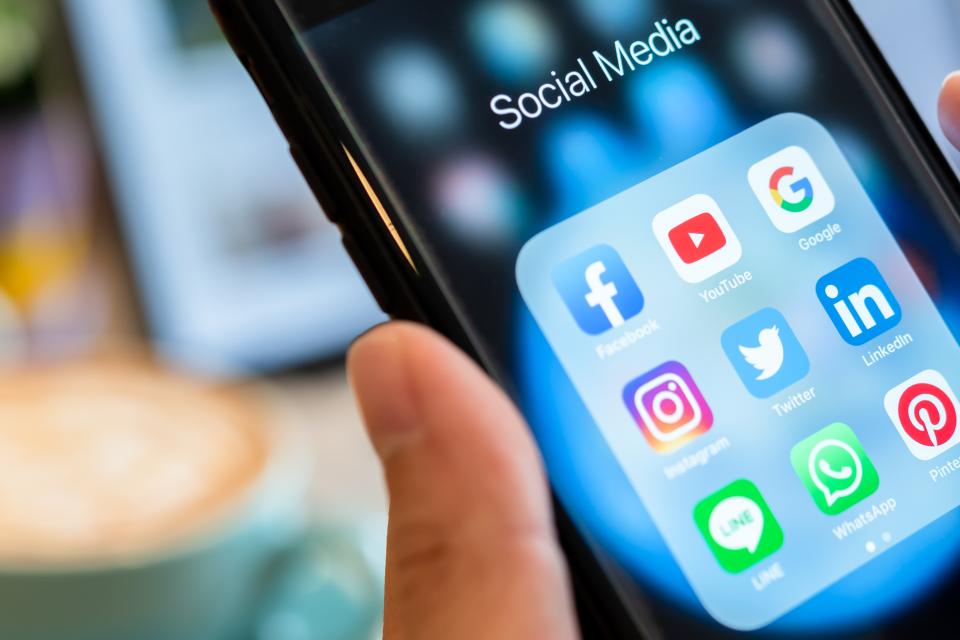
3. Leverage Multiple Platforms
From Instagram and YouTube to TikTok and LinkedIn, every platform has its strengths. Instagram is ideal for visual storytelling, YouTube excels with long-form tutorials, TikTok dominates short-form trends, and LinkedIn works well for B2B connections. The right platform depends on your target audience.

4. Track Performance with Analytics
No campaign is complete without data.
Metrics like engagement rates, click-throughs,
and conversions provide valuable insights into what works.
Over time, analytics help refine strategies and justify budgets
spent on partnerships.
5. Combine with Other Strategies
Influencer partnerships work best when paired with broader initiatives such as content marketing, SEO, and paid ads for maximum exposure. A blog that features an influencer’s testimonial, combined with a retargeting ad, can reinforce your message across multiple touchpoints.
3. Real-Life Examples of Success
-
Fashion brands frequently collaborate with Instagram influencers to showcase clothing lines, boosting sales through relatable style guides.
-
Tech companies use YouTube reviewers to demonstrate new gadgets, which often results in increased demand and customer trust.
-
Food and beverage businesses partner with lifestyle influencers to create recipe videos that feel natural and authentic.
These examples highlight how industries adapt strategies to their audience. What unites them is the ability to use personal voices to connect, rather than relying solely on polished brand messaging.
4. Challenges of Influencer Marketing
While highly effective, this strategy comes with challenges businesses must address:
-
Finding the right fit: Not every influencer aligns with your brand’s voice.
-
Measuring ROI: Tracking actual conversions from campaigns can be tricky.
-
Cost: Some influencers charge high fees, which may not guarantee results.
-
Authenticity risks: Overly scripted or forced promotions may damage credibility.
Another common issue is influencer fatigue. As audiences become more aware of paid promotions, businesses must ensure collaborations still feel organic. Balancing transparency with creativity is essential to avoid losing audience trust.
5. The Future of Influencer Marketing
The digital landscape is always evolving, and influencer partnerships will evolve along with it. Artificial intelligence will soon play a role in matching brands with influencers by analyzing audience data and engagement metrics.
Additionally, micro and nano-influencers—those with fewer but highly loyal followers—are expected to dominate the future. Their recommendations often feel more personal, and their influence within niche communities can be more impactful than larger campaigns.
Live shopping events, interactive videos, and virtual reality experiences will also expand the possibilities of what influencer campaigns can achieve. Brands willing to innovate alongside these creators will maintain a competitive edge.
6. Best Practices for Long-Term Success
To succeed in this space, businesses should follow these guiding principles:
-
Be transparent: Disclose sponsorships to maintain trust.
-
Invest for the long term: Build ongoing relationships instead of one-off campaigns.
-
Prioritize quality over quantity: One impactful collaboration often beats multiple shallow ones.
-
Listen to feedback: Influencers understand their audience best, so take their input seriously.
By implementing these practices, companies can ensure sustainable results from their marketing investments.
Conclusion
For businesses aiming to grow in today’s competitive digital environment, influencer marketing offers an unmatched opportunity. By leveraging the trust and authenticity influencers bring, brands can build stronger connections, improve engagement, and drive long-term success.
Though challenges exist, businesses that approach partnerships with strategy, transparency, and adaptability will thrive. The future promises even more innovation, making now the perfect time for companies to integrate influencer partnerships into their overall growth plans.
Related Blogs:-
Follow Us On :- Instagram.
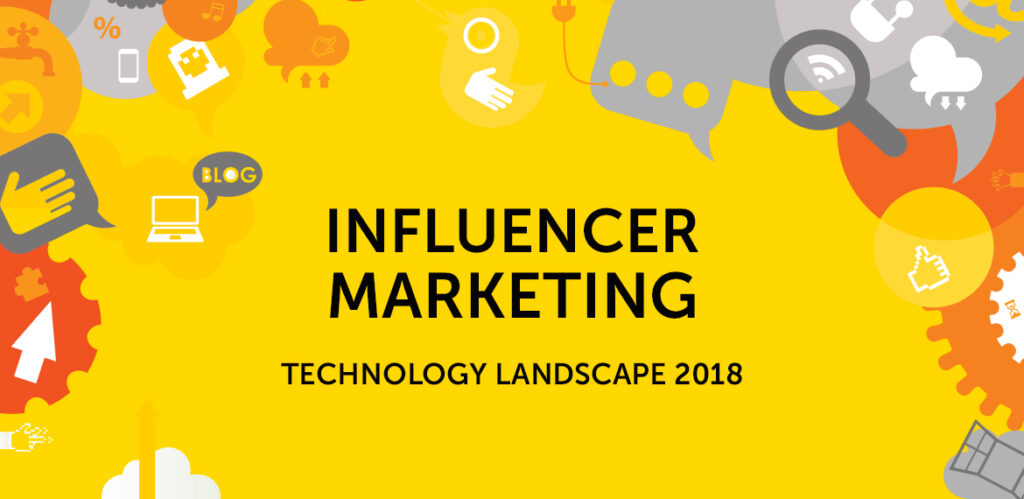



Pingback: Online Content Creation Tools: What are they? Why Important?